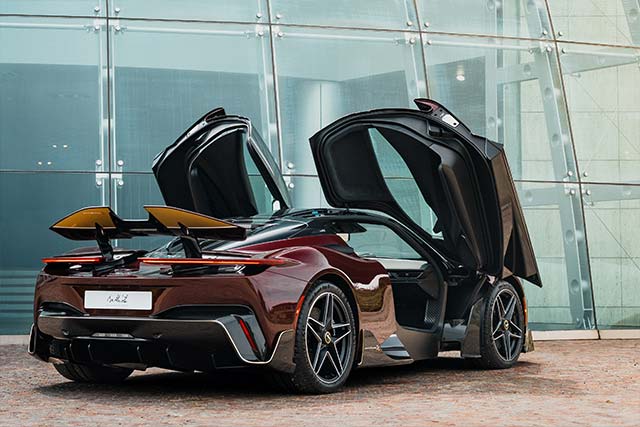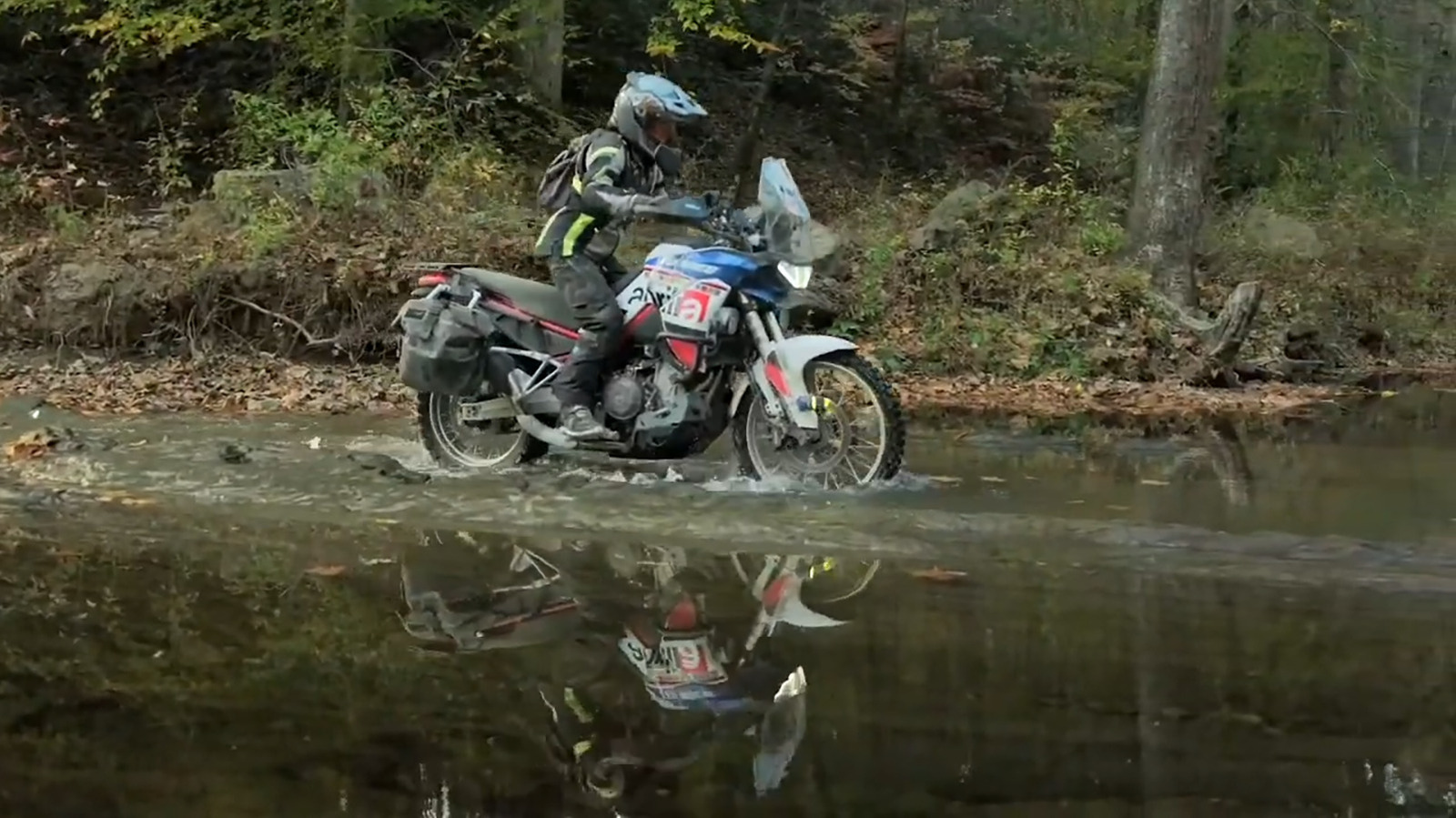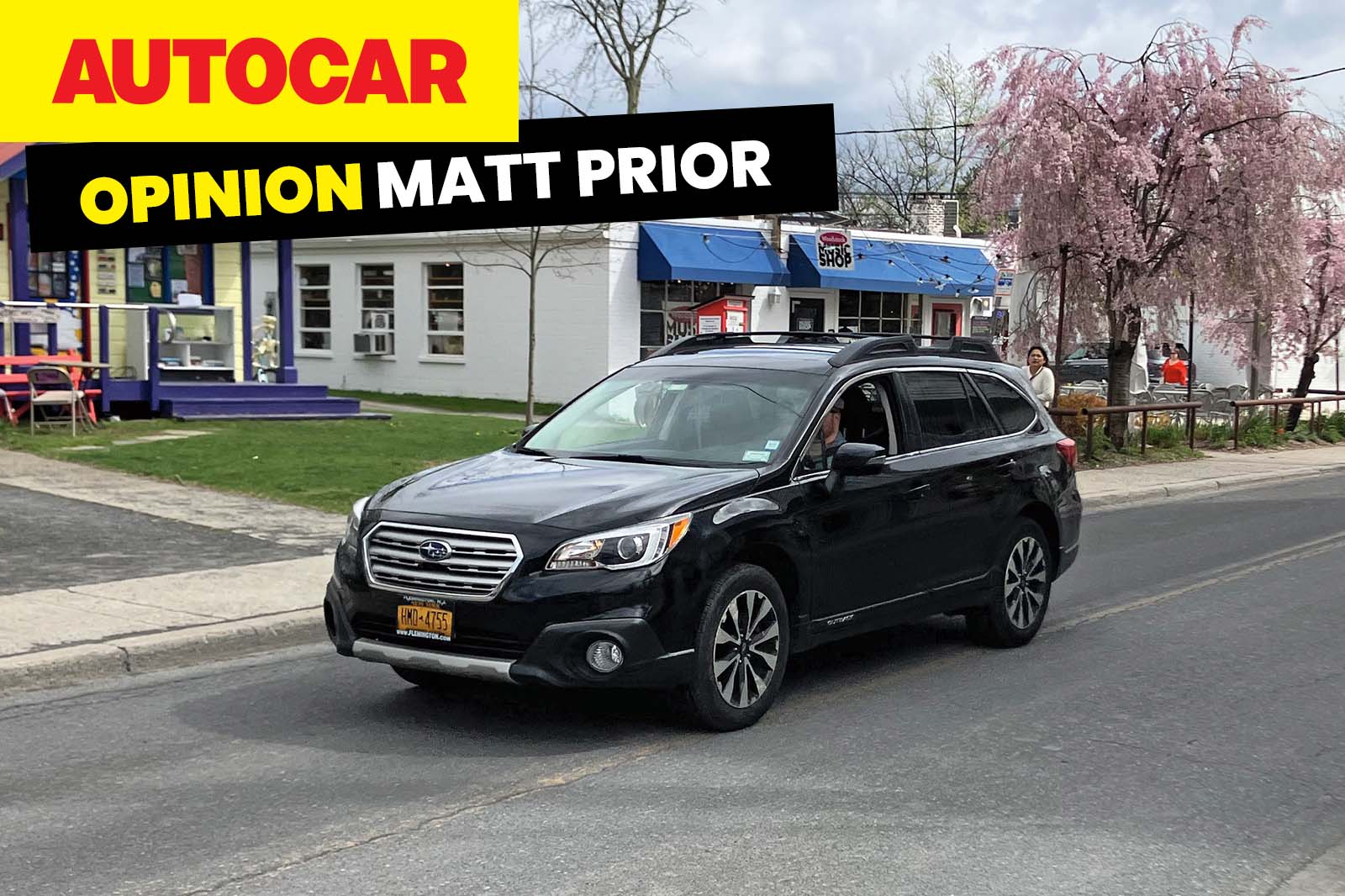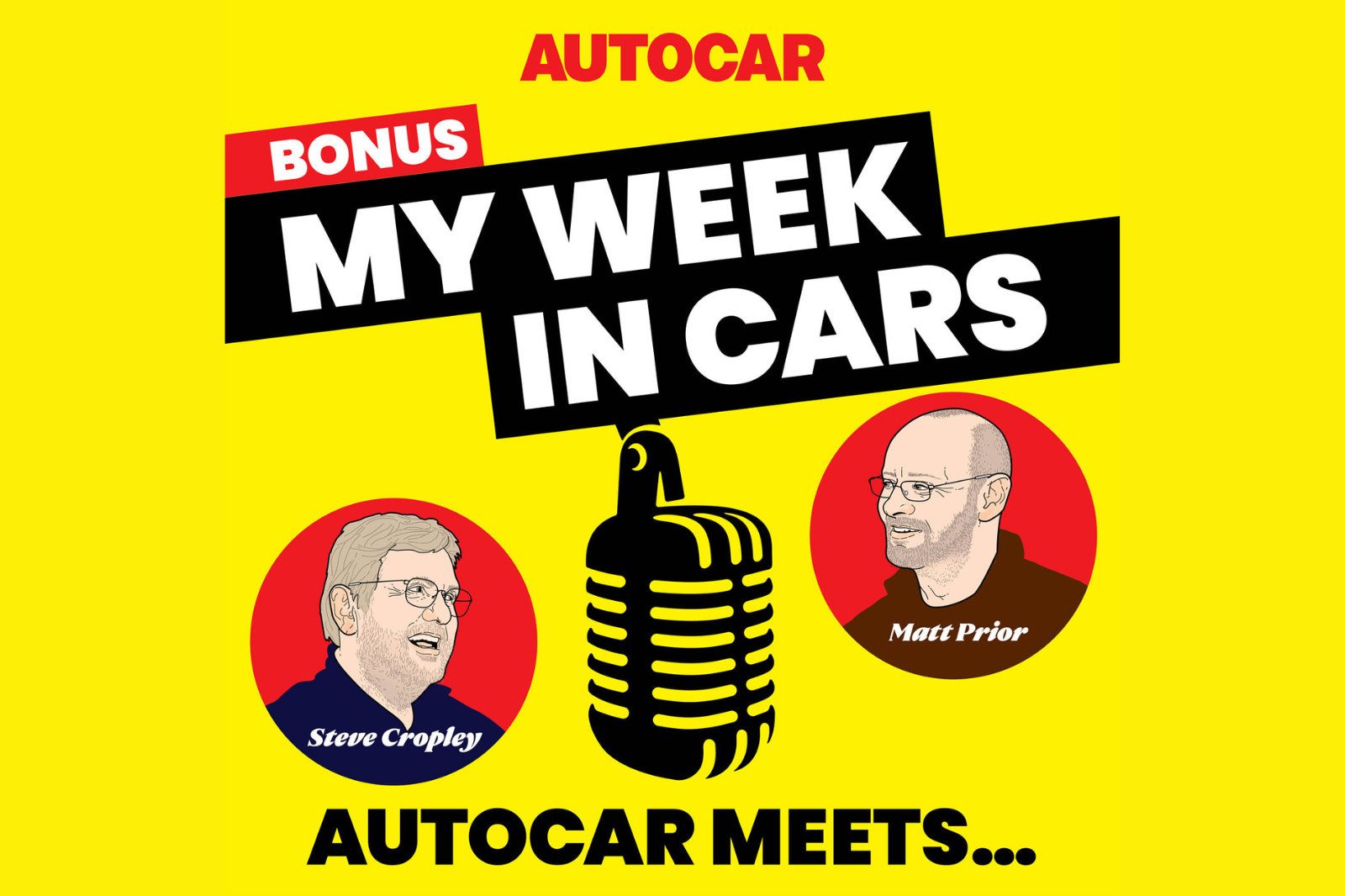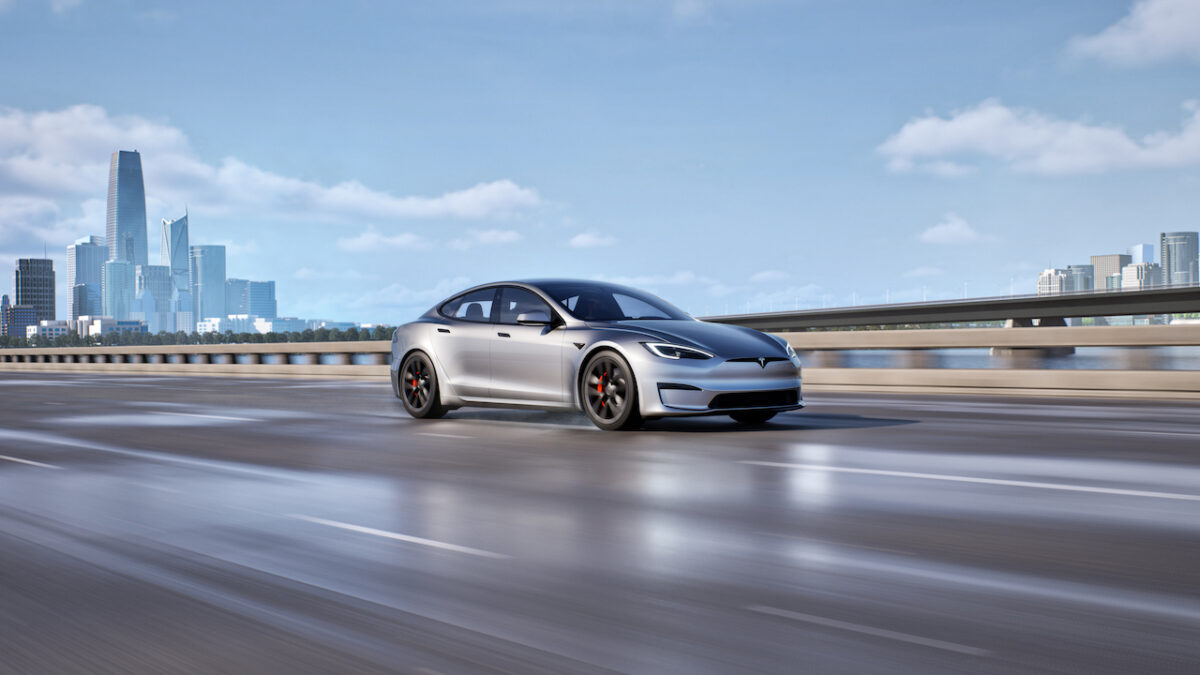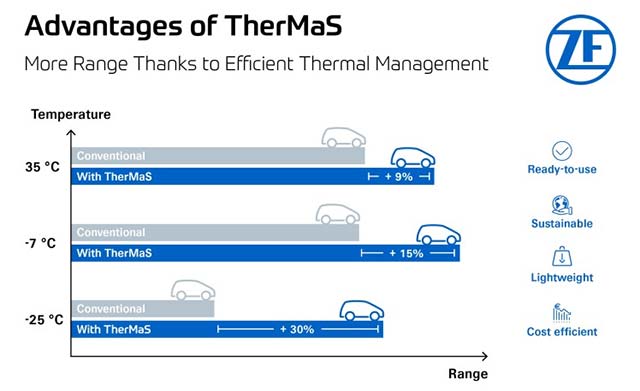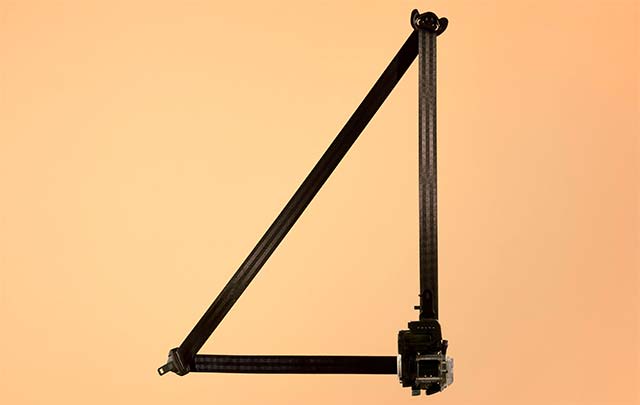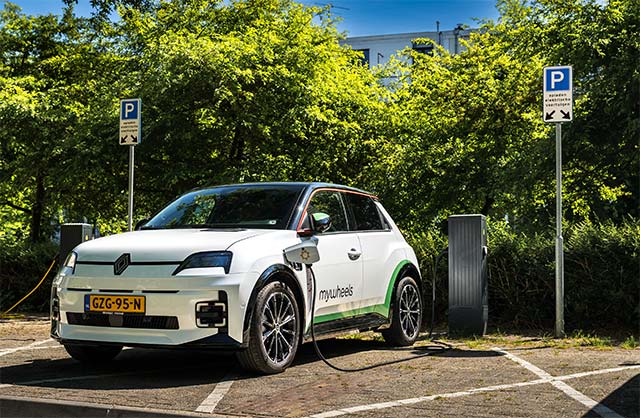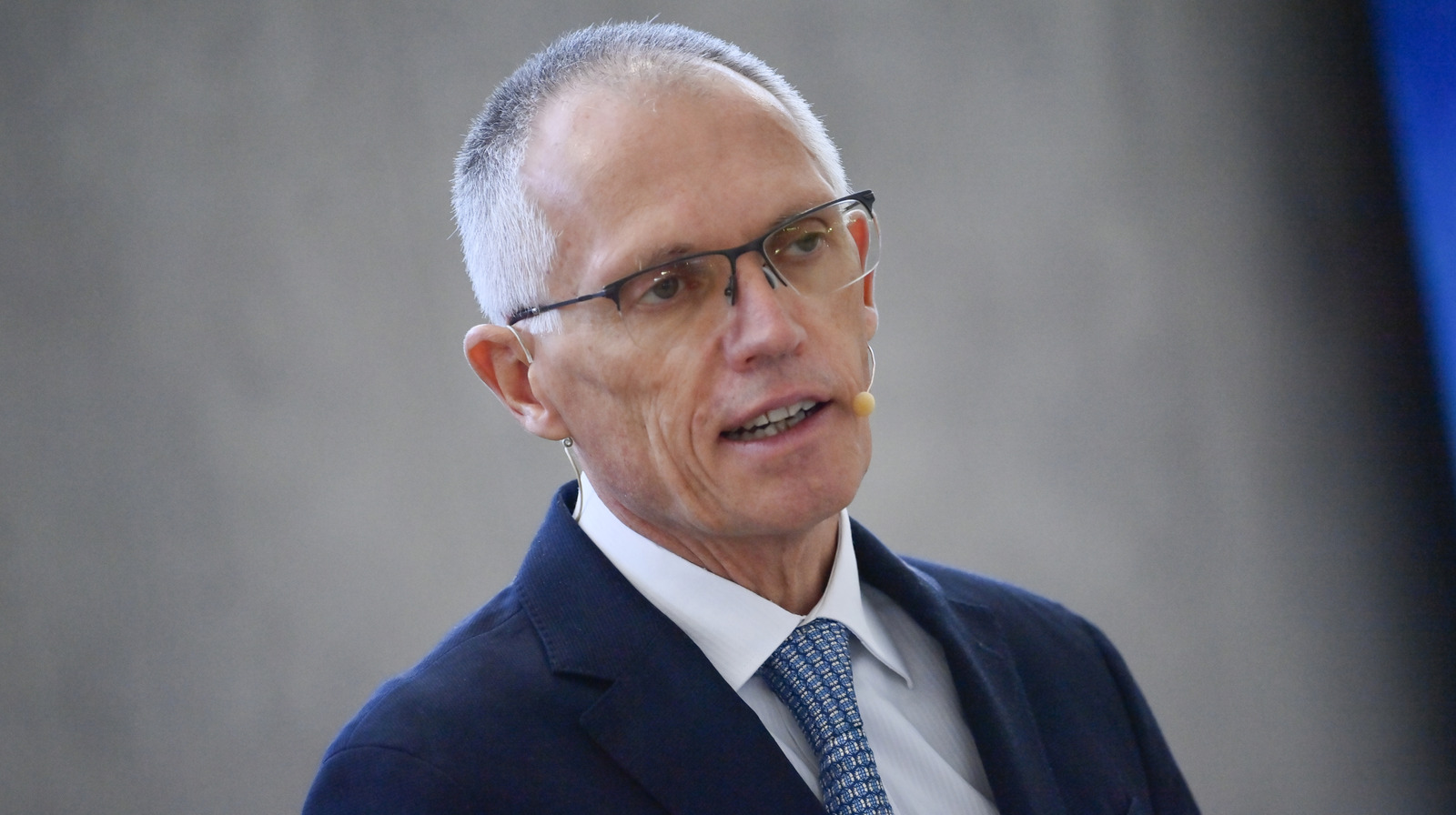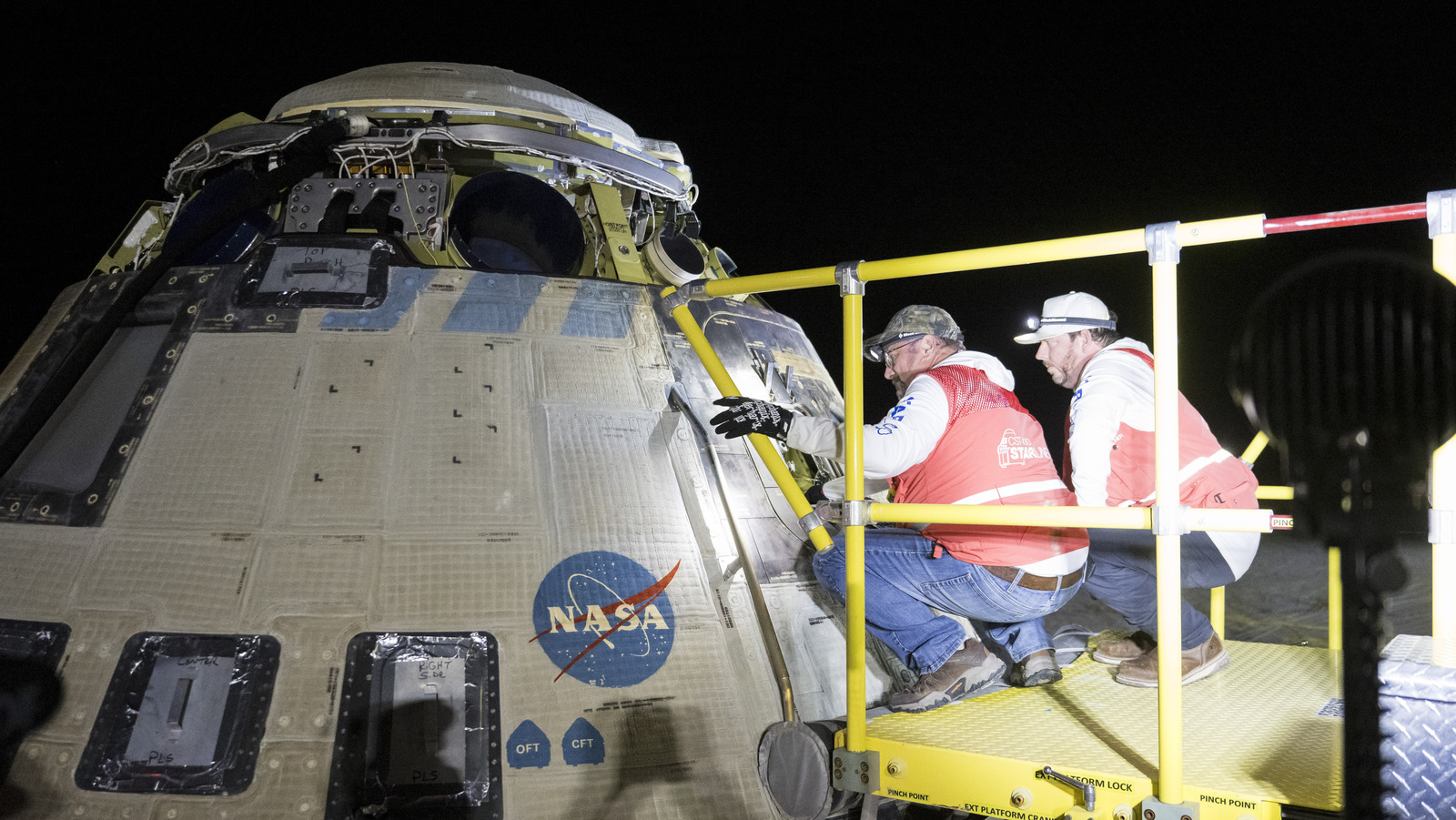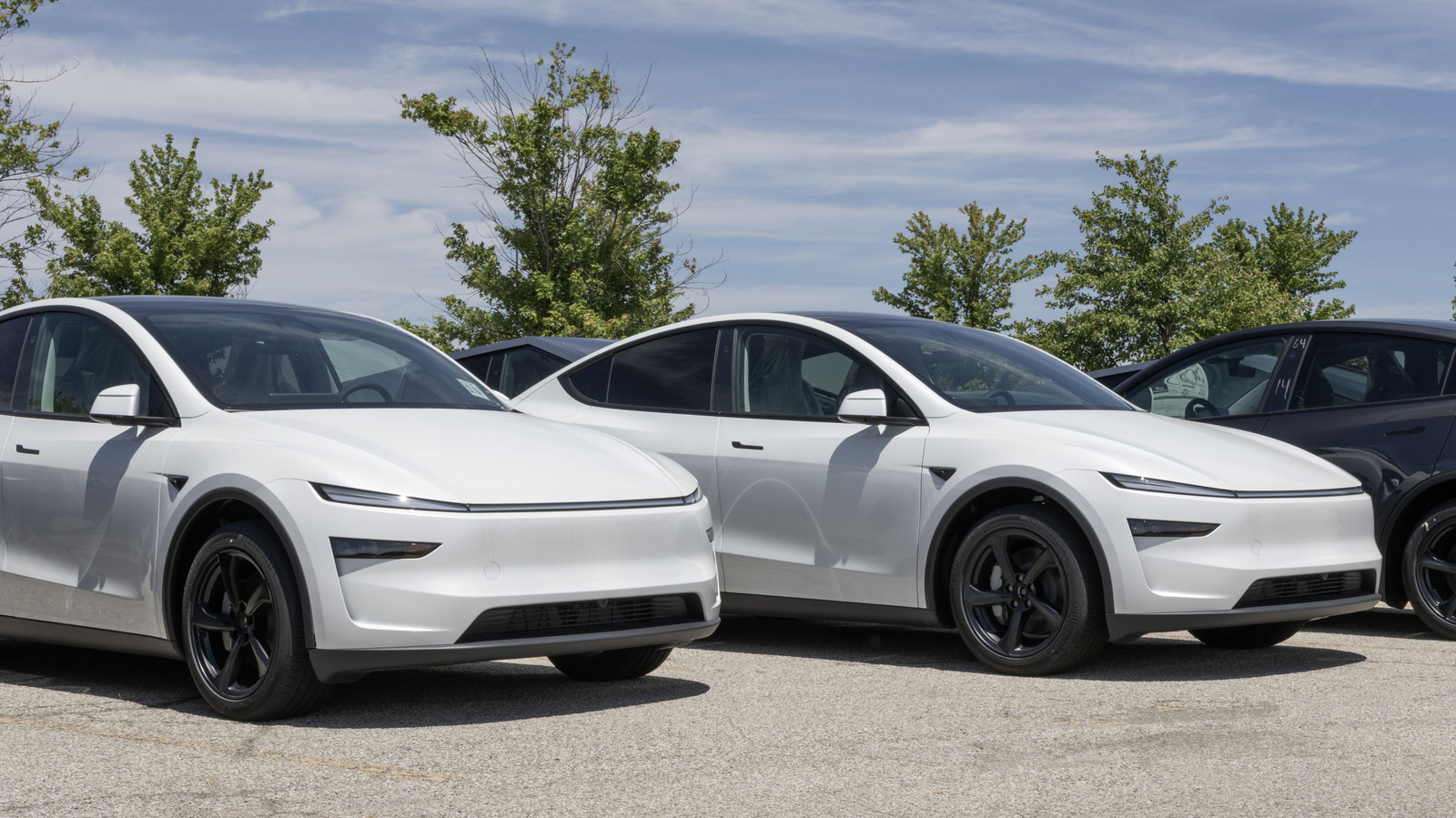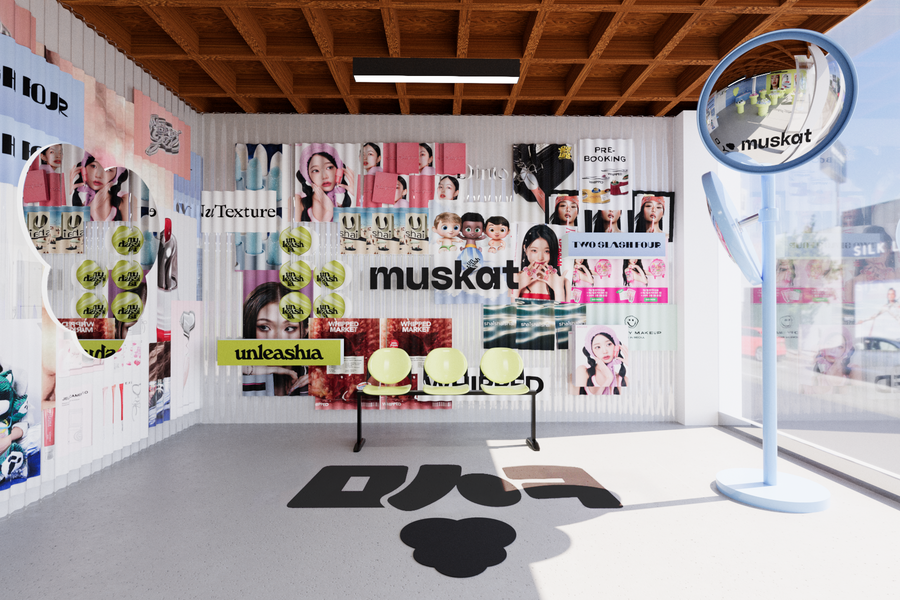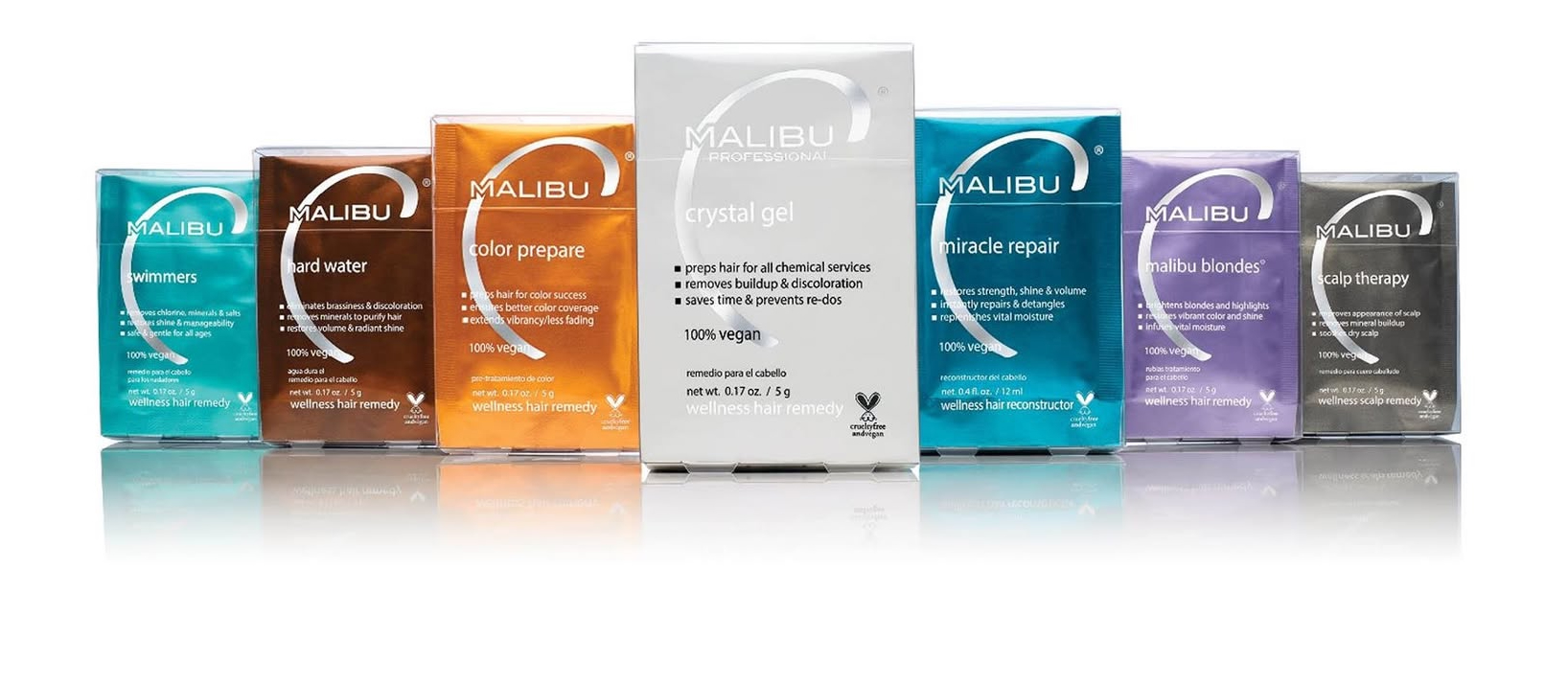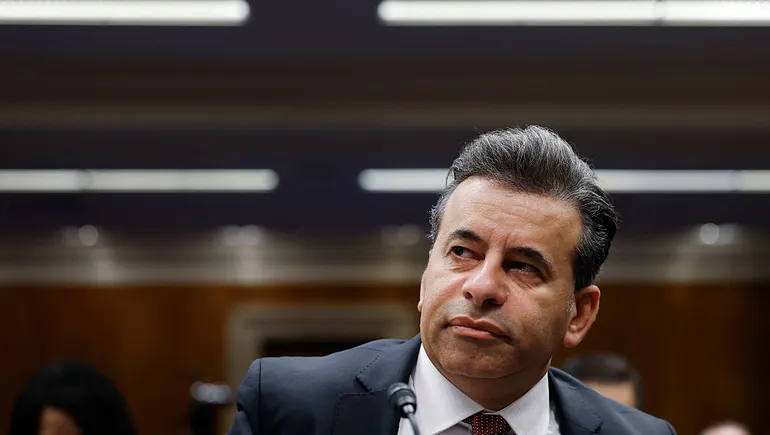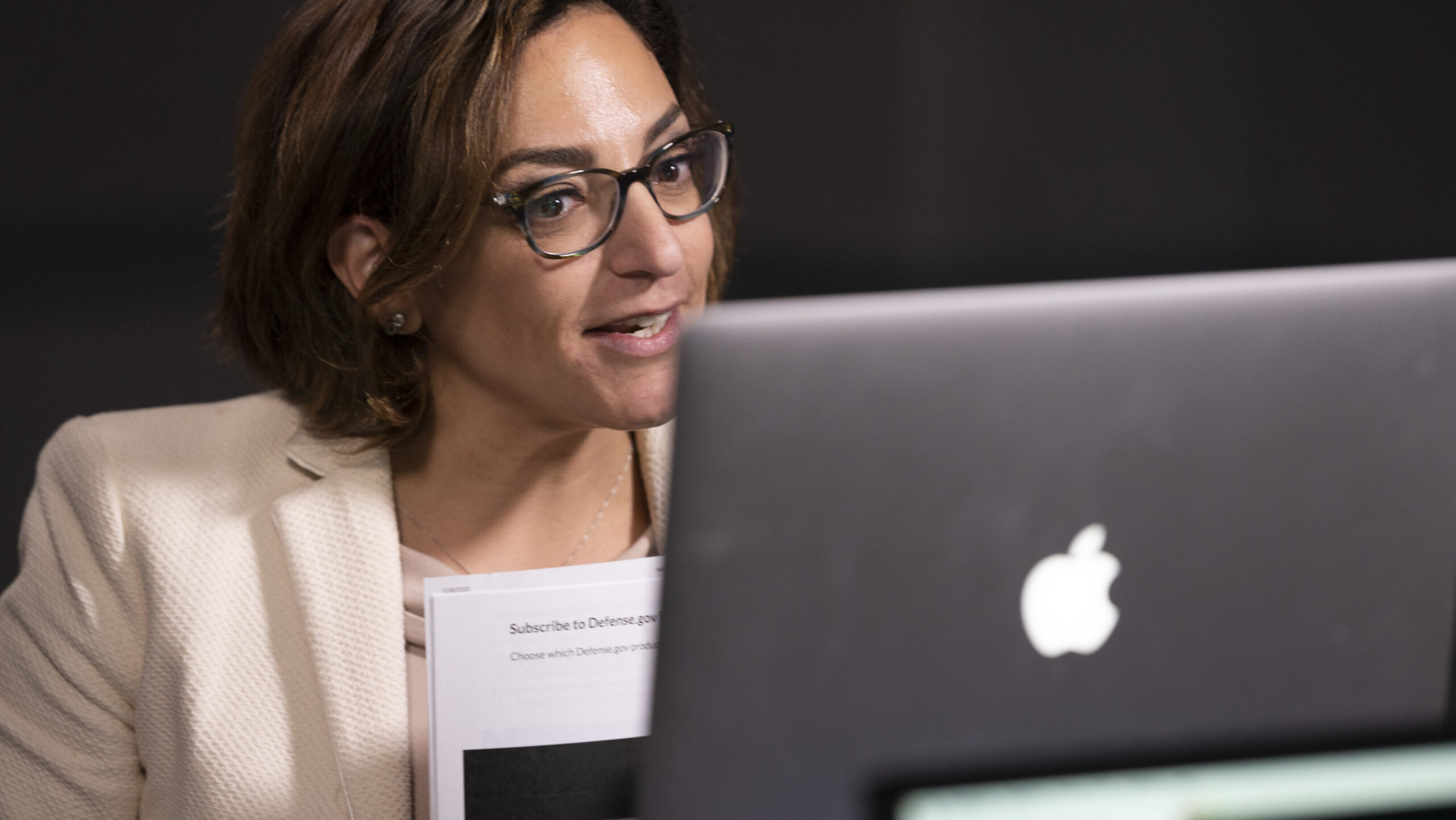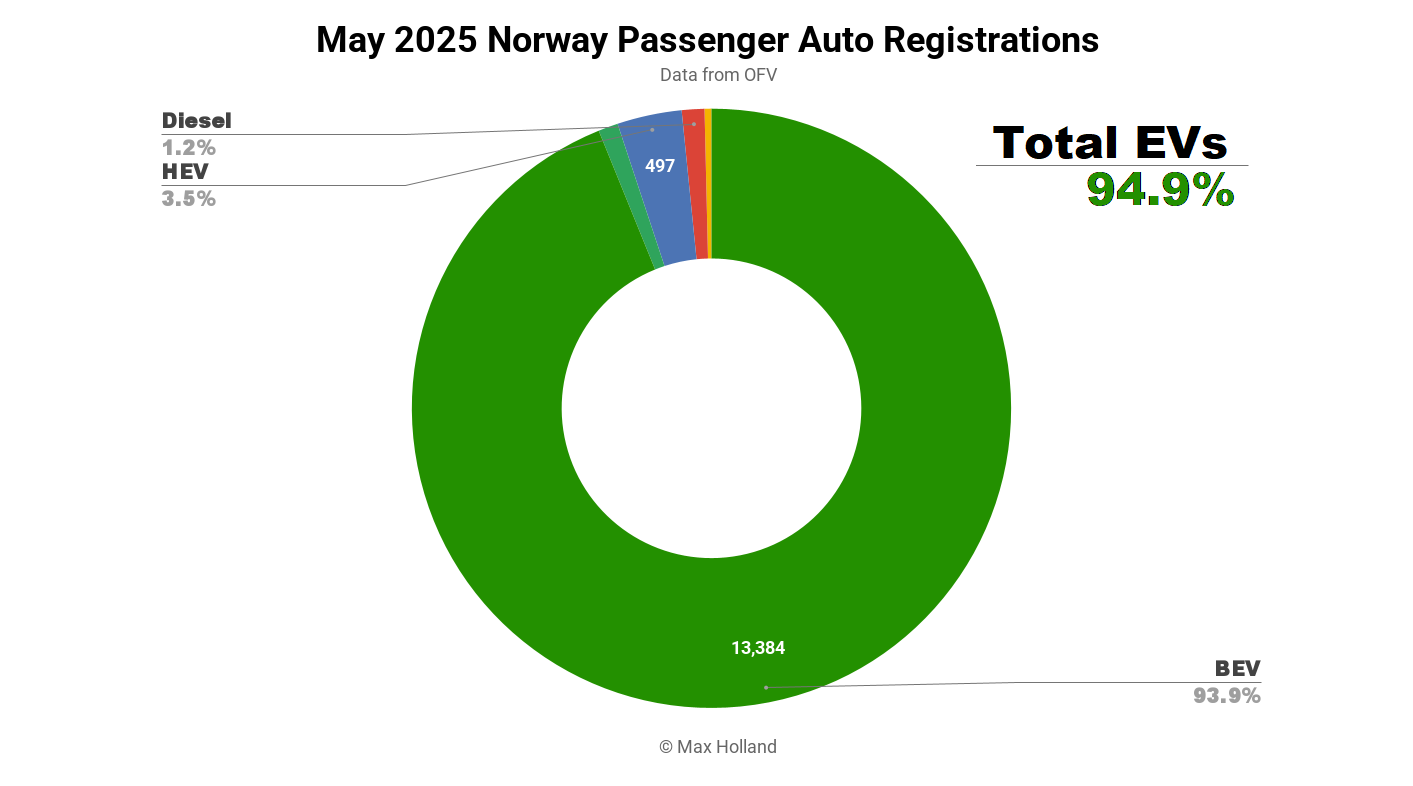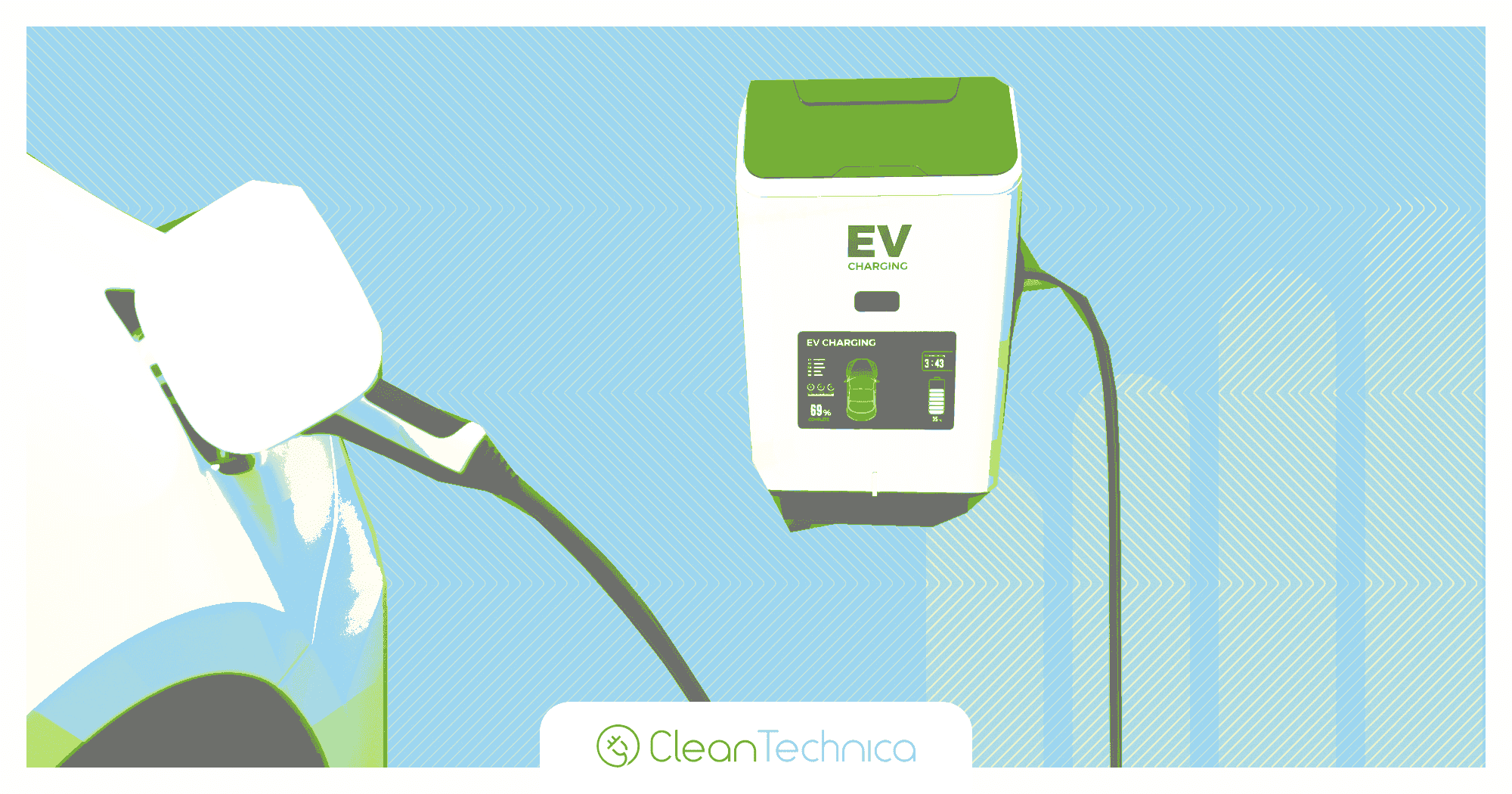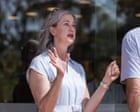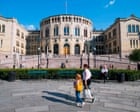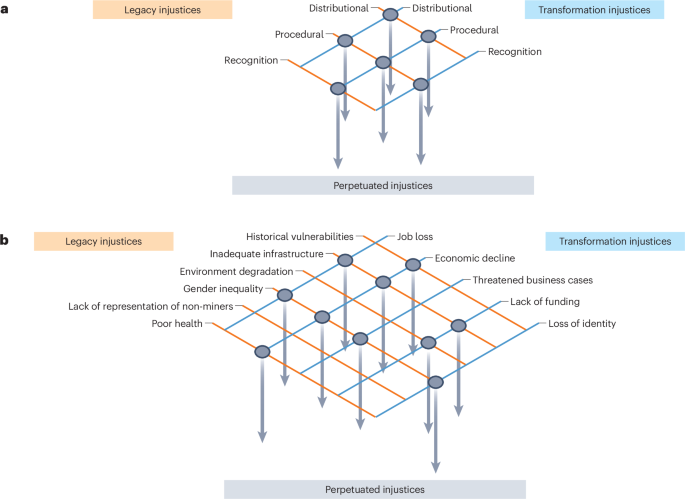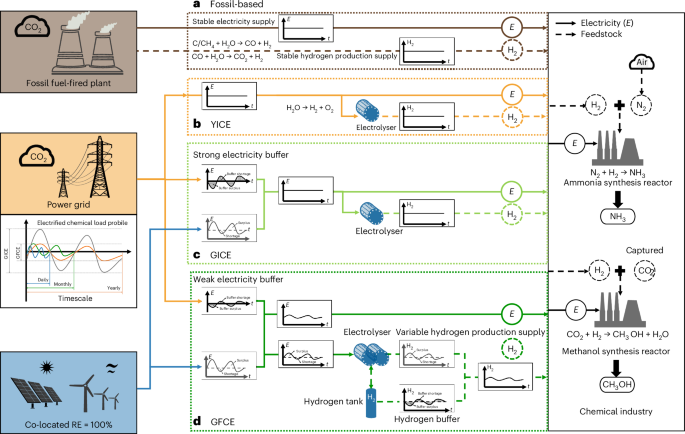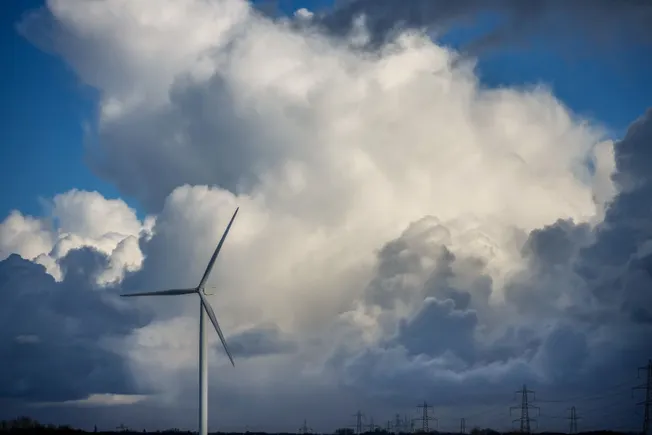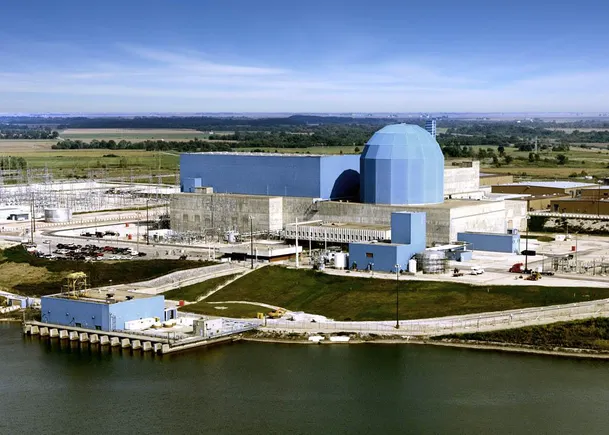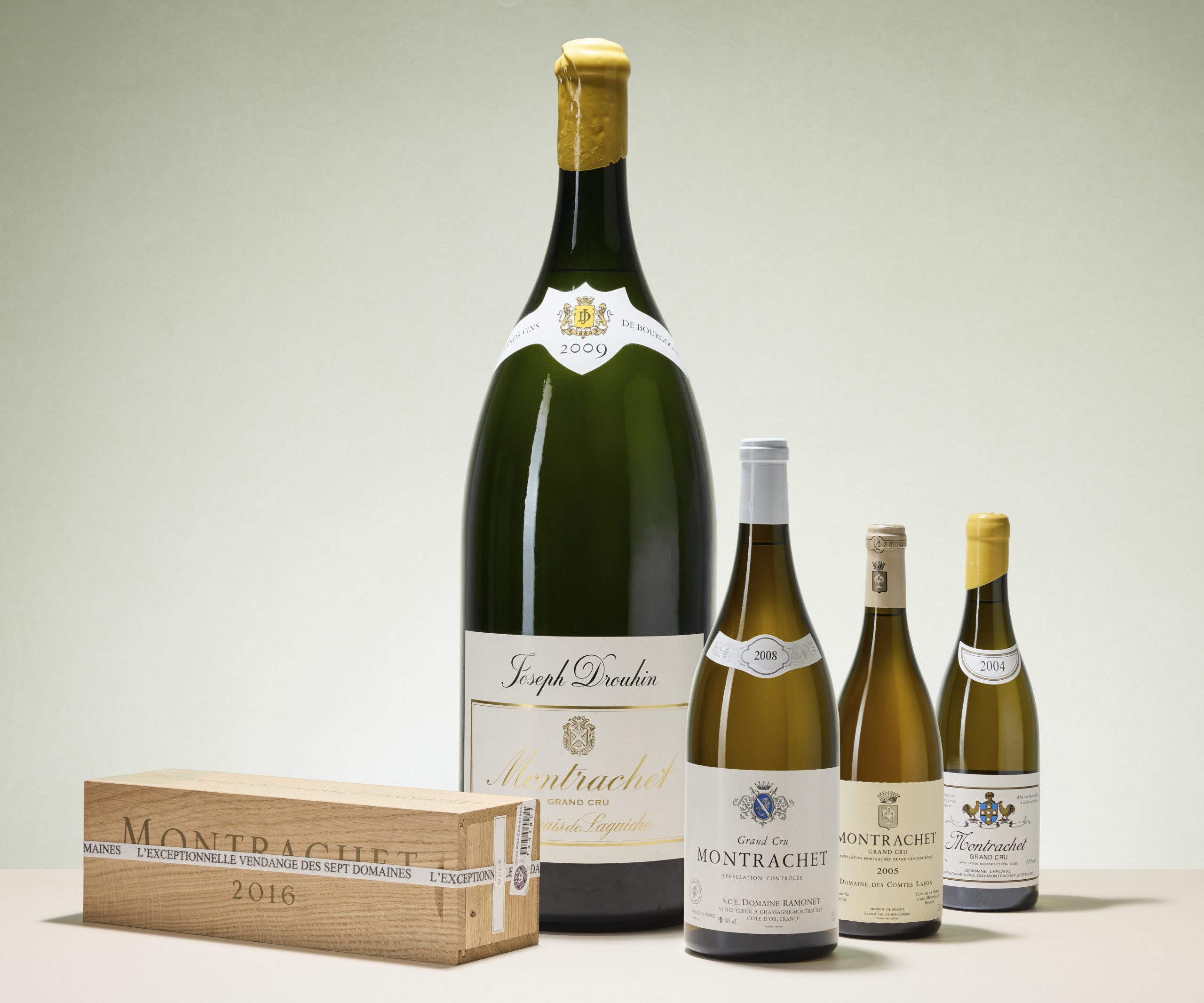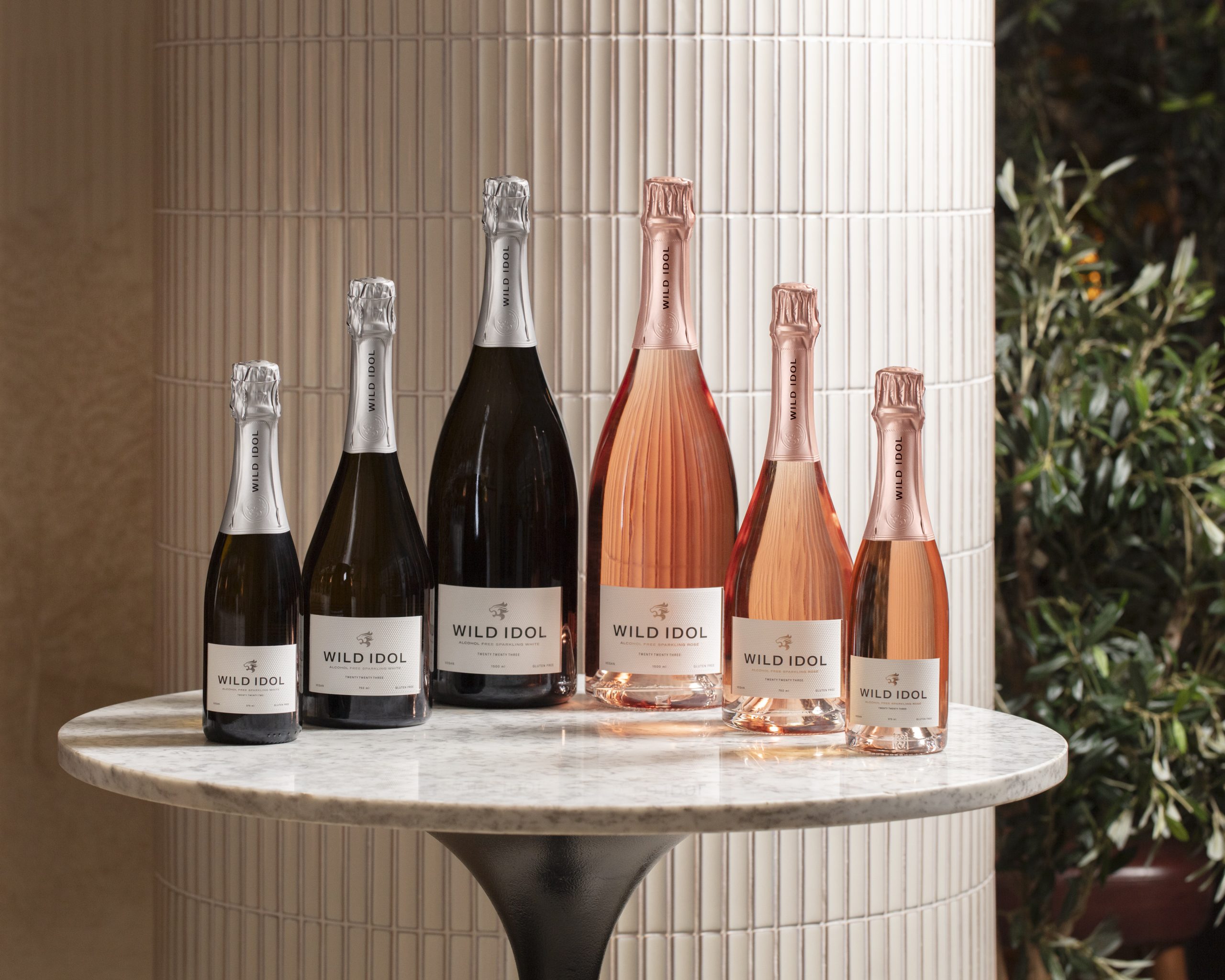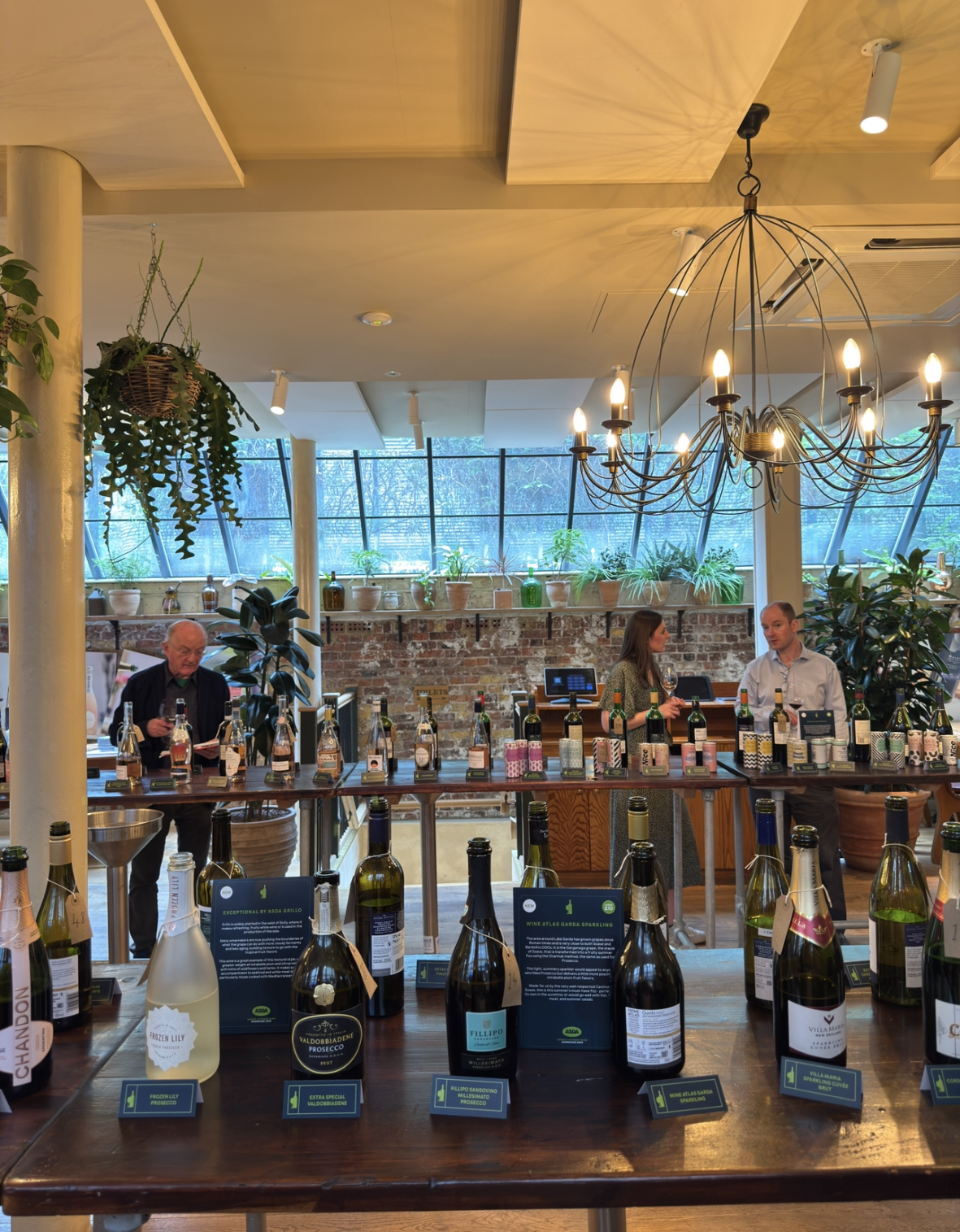At the launch of French Bloom Extra Brut, co-founders Maggie and Rodolphe Frerejean-Taittinger describe the merits of alcohol-free wine.
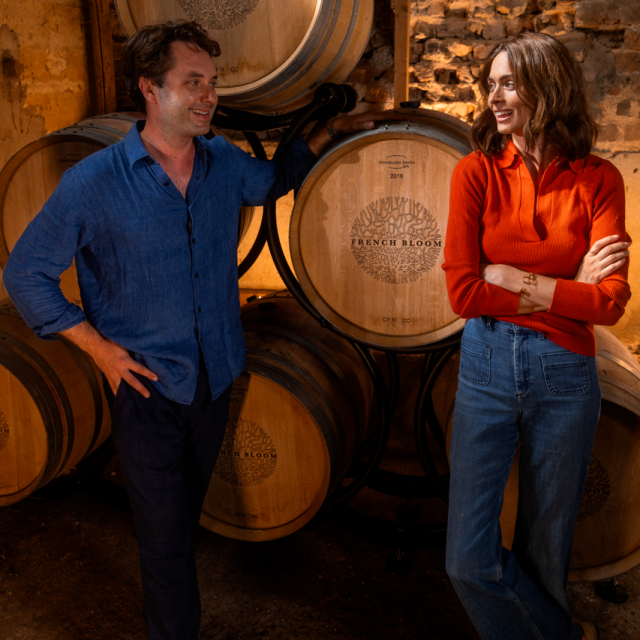
French Bloom was founded in 2019 and
launched in October 2021, igniting the super-premium alcohol-free sparkling wine category. Today, the brand is present in more than 50 countries around the world.
The new cuvée, which is the latest bottle of the world’s first vintage alcohol-free sparkling wine sees its winemaking overseen by Rodolphe Frerejean-Taittinger who explained how the 0.0% wine revelation process begins in the vineyards, and the organic Chardonnay grapes are sourced from hilltop parcels from partner vineyards in the Languedoc region.
According to Frerejean-Taittinger, the “grapes are harvested early, ensuring an optimal concentration of acidity, and a portion of the wine is aged in oak barrels adding depth and character”. Then, “de-alcoholisation is one of the final stages via an innovative low-temperature vacuum distillation process” and “the finished 0.0% alcohol-free wine includes no sugar and contains just one calorie and no sulphites”.
On 1 October,
Moët Hennessy acquired a minority stake in the maison and began a strategic partnership with the brand marking its first investment in the alcohol-free sector.
Speaking about the partnership, French Bloom co-founder Maggie Frerejean-Taittinger revealed: “It's a huge signal for the non-alcoholic category and of course, we're working hand-in-hand on the UK distribution with Moet Hennessy.”
She explained: “I'm an American who married a French man. My experience is in gastronomy. I worked at the Michelin Guide for about five years, managing the international development of the guide. I had a dream job travelling the world, discovering new cuisines, and it was back in 2019 that I became pregnant with my twins, and I think it was really the first time in my life that I realised how it could feel to be a little bit on the sidelines, to feel a little bit excluded from the gastronomic dinners I was having with clients, but also with celebrations with friends and at events and I truly felt like I wasn't part of the moment. If I didn't have something bubbly of that same level in my hand, and water just didn't suffice.”
Frerejean-Taittinger described how she “shared that experience with a good friend of mine Constance [Jablonski], who's the third member of this co-founding party. Constance is French. We were friends back in New York. She works in the fashion industry, and for her back in 2019 with all the business travel, with working in a sector where networking is extremely important.””
Frerejean-Taittinger reminded that “often, networking occurs in the later hours of the day with a glass of something in your hands. And for her, it was challenging to keep up with those early morning start times as well as regular business travel, so she was starting to moderate”.
Frerejean-Taittinger explained how neither she nor Constance could attend those events and “sip water all night” and “so we started to build the blueprint of the project”.
She admitted: “For me, it was extremely important, and I was adamant that we had to create a non-alcoholic wine that was at that same level with regards to complexity, with regards to quality, as the fine wines or Champagnes that I still drink today and that I was drinking before.”
She added: “I was also really convinced that people don't want to replace a glass of wine with something that's worse for you. So we didn't want to compromise on quality and on the health aspect we had no sugar. I wanted to be organic, 0.0% alcohol, so it could be pregnancy-friendly. And also adding nothing unnatural, no preservatives.”
But, Frerejean-Taittinger insisted: “For Constance, it was really about, ‘how can we build a brand that is more than just an alternative’ and ‘how can we really be thoughtful and intentional with regards to brand building, storytelling, but also packaging?’ Because we wanted to have a bottle that you can feel proud to bring to a dinner party or have its place on the table. We knew we wanted to create a know-how. And neither of us had the know-how at that time in terms of wine-making. Fortunately for me, I'm married to a Champagne maker and he found that challenge to be interesting.”
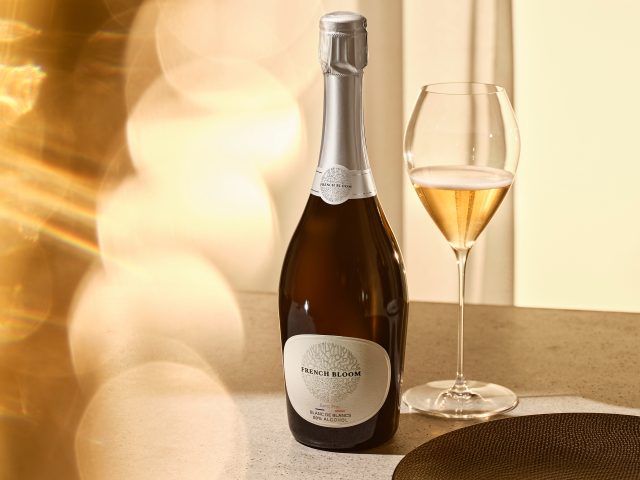
Rodolphe Frerejean-Taittinger explained: “I come from Champagne and my family makes Champagne. Now we have started our own small maison. So originally from the Taittinger family, but we have now created our own maison with my two brothers. It's a small, artisanal Champagne house and we are more like co-workers. We also have an old Cognac house, and have done since 1767.”
He admitted: “The difficulties were huge, and the challenge enormous too. What am I trying to do is try to make something complex and it was so difficult in the early days. From 2019-21 we were carefully trying to analyse the possibilities and now we are very lucky in terms of support.”
According to Rodolphe Frerejean-Taittinger: “We started by de-alcoholising wine. Good wine. Actually, great wine. I think the biggest learning of all of that is you can take the best Champagne in the world. You can take the best wine. But when you remove the alcohol you remove the backbone of the wine, so you're left over with a wine with no backbone. The difficulty and the biggest challenge of this quest, is to really rethink things completely, without being dogmatic, without following the classical paths, but really rethinking the past and and so for that it started as a challenge.”
He revealed: “Cognac-making has been very useful for our method because in Cognac, we create a base which is the distillate that becomes Cognac. The same method really occurs here, where we create a base wine. The quest we have is to get back the texture, to get back the body after de-alcoholisation and to still have a three dimensional journey with nose, body, texture and length”.
He noted: “The fact is that we believe that when you drink a fine wine, you're drinking first for the pleasure, for the complexity, for the emotion and the experience and the alcohol can be secondary in all of this.”
One of the most surprising aspects of the duo’s journey has to be that French Bloom’s main markets are sparkling wine markets. “That was a huge surprise for us at the start,” they admitted but said that in fact their biggest markets were the “UK, US and France are our top three markets” followed by “Australia, Japan, Germany and Belgium”.
Frerejean-Taittinger said: “We never thought that France would be a market for us. We are very proud to be a French product and to have a headquarters in France, but we thought it would be more of a window for the brand, but it is, in fact, our second largest market after the US.”
Frerejean-Taittinger observed that this is “because our consumers are actually flexi-drinkers. The point that I want to make is that the relevant trend is not sobriety, it's flexibility. People are still drinking alcohol, but not every time, and it's really they're they're drinking non-alcoholic and alcoholic drinks during the same occasion, or based on who they're with and how they feel.”
According to Frerejean-Taittinger, 280% of our customers today do drink wine and Champagne and cocktails from time-to-time, and I think that it's very much representative.”
Frerejean-Taittinger pointed out: “Rodolphe and I are not anti-alcohol, we're not here to give lessons. We all drink. My husband is still a wine maker and a Cognac maker, but we're drinking a higher quality of wine, and we're just drinking a little bit less. So when we are choosing to drink non-alcoholic, we don't want to necessarily take a huge step down with regards to quality and that is also very much what our consumers are saying.”
“80% of all markets are flexi-drinkers. They drink, but sometimes they don't want to drink.”
Were the Taittinger family skeptical of the venture? Frerejean-Taittinger told
db: “Everyone was. Even though we definitely were too! And I'm sure that in the early days, when the first monks were starting to make Champagne, I'm sure that a lot of people were totally against doing this. The bubbles at the early days were like evolution madness, and yet honestly, the Champagne has also been stopped before because of market demands being huge.”
He added: “Today, this is exactly what's happening. There is a huge demand in the market for complex options for people when they don't want to drink alcohol.”
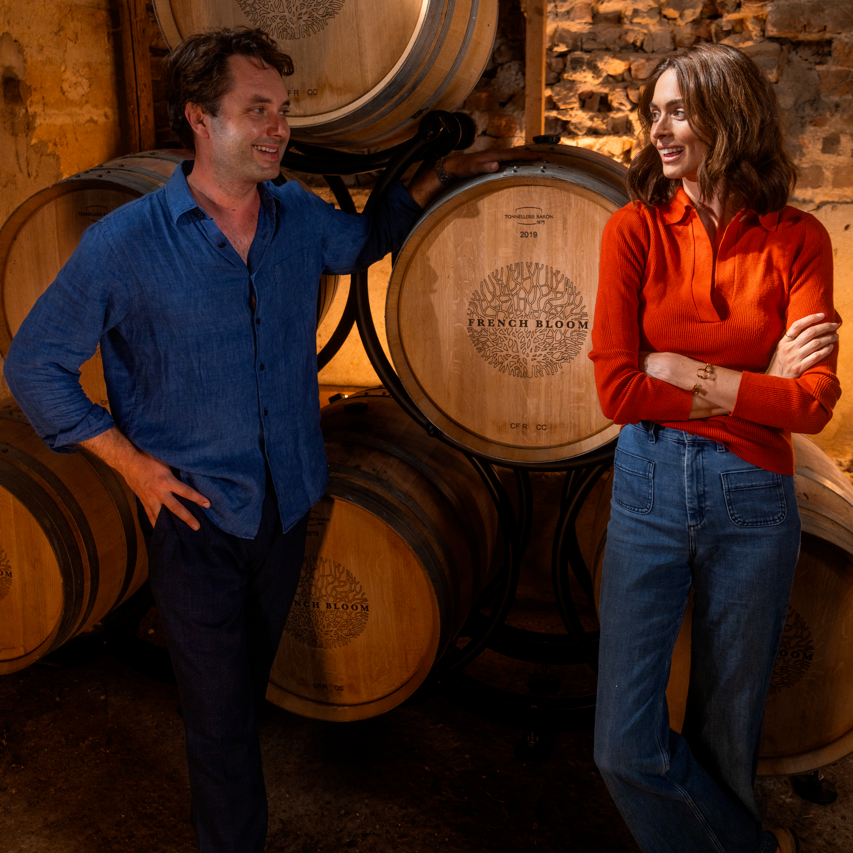
 French Bloom was founded in 2019 and launched in October 2021, igniting the super-premium alcohol-free sparkling wine category. Today, the brand is present in more than 50 countries around the world.
The new cuvée, which is the latest bottle of the world’s first vintage alcohol-free sparkling wine sees its winemaking overseen by Rodolphe Frerejean-Taittinger who explained how the 0.0% wine revelation process begins in the vineyards, and the organic Chardonnay grapes are sourced from hilltop parcels from partner vineyards in the Languedoc region.
According to Frerejean-Taittinger, the “grapes are harvested early, ensuring an optimal concentration of acidity, and a portion of the wine is aged in oak barrels adding depth and character”. Then, “de-alcoholisation is one of the final stages via an innovative low-temperature vacuum distillation process” and “the finished 0.0% alcohol-free wine includes no sugar and contains just one calorie and no sulphites”.
On 1 October, Moët Hennessy acquired a minority stake in the maison and began a strategic partnership with the brand marking its first investment in the alcohol-free sector.
Speaking about the partnership, French Bloom co-founder Maggie Frerejean-Taittinger revealed: “It's a huge signal for the non-alcoholic category and of course, we're working hand-in-hand on the UK distribution with Moet Hennessy.”
She explained: “I'm an American who married a French man. My experience is in gastronomy. I worked at the Michelin Guide for about five years, managing the international development of the guide. I had a dream job travelling the world, discovering new cuisines, and it was back in 2019 that I became pregnant with my twins, and I think it was really the first time in my life that I realised how it could feel to be a little bit on the sidelines, to feel a little bit excluded from the gastronomic dinners I was having with clients, but also with celebrations with friends and at events and I truly felt like I wasn't part of the moment. If I didn't have something bubbly of that same level in my hand, and water just didn't suffice.”
Frerejean-Taittinger described how she “shared that experience with a good friend of mine Constance [Jablonski], who's the third member of this co-founding party. Constance is French. We were friends back in New York. She works in the fashion industry, and for her back in 2019 with all the business travel, with working in a sector where networking is extremely important.””
Frerejean-Taittinger reminded that “often, networking occurs in the later hours of the day with a glass of something in your hands. And for her, it was challenging to keep up with those early morning start times as well as regular business travel, so she was starting to moderate”.
Frerejean-Taittinger explained how neither she nor Constance could attend those events and “sip water all night” and “so we started to build the blueprint of the project”.
She admitted: “For me, it was extremely important, and I was adamant that we had to create a non-alcoholic wine that was at that same level with regards to complexity, with regards to quality, as the fine wines or Champagnes that I still drink today and that I was drinking before.”
She added: “I was also really convinced that people don't want to replace a glass of wine with something that's worse for you. So we didn't want to compromise on quality and on the health aspect we had no sugar. I wanted to be organic, 0.0% alcohol, so it could be pregnancy-friendly. And also adding nothing unnatural, no preservatives.”
But, Frerejean-Taittinger insisted: “For Constance, it was really about, ‘how can we build a brand that is more than just an alternative’ and ‘how can we really be thoughtful and intentional with regards to brand building, storytelling, but also packaging?’ Because we wanted to have a bottle that you can feel proud to bring to a dinner party or have its place on the table. We knew we wanted to create a know-how. And neither of us had the know-how at that time in terms of wine-making. Fortunately for me, I'm married to a Champagne maker and he found that challenge to be interesting.”
French Bloom was founded in 2019 and launched in October 2021, igniting the super-premium alcohol-free sparkling wine category. Today, the brand is present in more than 50 countries around the world.
The new cuvée, which is the latest bottle of the world’s first vintage alcohol-free sparkling wine sees its winemaking overseen by Rodolphe Frerejean-Taittinger who explained how the 0.0% wine revelation process begins in the vineyards, and the organic Chardonnay grapes are sourced from hilltop parcels from partner vineyards in the Languedoc region.
According to Frerejean-Taittinger, the “grapes are harvested early, ensuring an optimal concentration of acidity, and a portion of the wine is aged in oak barrels adding depth and character”. Then, “de-alcoholisation is one of the final stages via an innovative low-temperature vacuum distillation process” and “the finished 0.0% alcohol-free wine includes no sugar and contains just one calorie and no sulphites”.
On 1 October, Moët Hennessy acquired a minority stake in the maison and began a strategic partnership with the brand marking its first investment in the alcohol-free sector.
Speaking about the partnership, French Bloom co-founder Maggie Frerejean-Taittinger revealed: “It's a huge signal for the non-alcoholic category and of course, we're working hand-in-hand on the UK distribution with Moet Hennessy.”
She explained: “I'm an American who married a French man. My experience is in gastronomy. I worked at the Michelin Guide for about five years, managing the international development of the guide. I had a dream job travelling the world, discovering new cuisines, and it was back in 2019 that I became pregnant with my twins, and I think it was really the first time in my life that I realised how it could feel to be a little bit on the sidelines, to feel a little bit excluded from the gastronomic dinners I was having with clients, but also with celebrations with friends and at events and I truly felt like I wasn't part of the moment. If I didn't have something bubbly of that same level in my hand, and water just didn't suffice.”
Frerejean-Taittinger described how she “shared that experience with a good friend of mine Constance [Jablonski], who's the third member of this co-founding party. Constance is French. We were friends back in New York. She works in the fashion industry, and for her back in 2019 with all the business travel, with working in a sector where networking is extremely important.””
Frerejean-Taittinger reminded that “often, networking occurs in the later hours of the day with a glass of something in your hands. And for her, it was challenging to keep up with those early morning start times as well as regular business travel, so she was starting to moderate”.
Frerejean-Taittinger explained how neither she nor Constance could attend those events and “sip water all night” and “so we started to build the blueprint of the project”.
She admitted: “For me, it was extremely important, and I was adamant that we had to create a non-alcoholic wine that was at that same level with regards to complexity, with regards to quality, as the fine wines or Champagnes that I still drink today and that I was drinking before.”
She added: “I was also really convinced that people don't want to replace a glass of wine with something that's worse for you. So we didn't want to compromise on quality and on the health aspect we had no sugar. I wanted to be organic, 0.0% alcohol, so it could be pregnancy-friendly. And also adding nothing unnatural, no preservatives.”
But, Frerejean-Taittinger insisted: “For Constance, it was really about, ‘how can we build a brand that is more than just an alternative’ and ‘how can we really be thoughtful and intentional with regards to brand building, storytelling, but also packaging?’ Because we wanted to have a bottle that you can feel proud to bring to a dinner party or have its place on the table. We knew we wanted to create a know-how. And neither of us had the know-how at that time in terms of wine-making. Fortunately for me, I'm married to a Champagne maker and he found that challenge to be interesting.”
 Rodolphe Frerejean-Taittinger explained: “I come from Champagne and my family makes Champagne. Now we have started our own small maison. So originally from the Taittinger family, but we have now created our own maison with my two brothers. It's a small, artisanal Champagne house and we are more like co-workers. We also have an old Cognac house, and have done since 1767.”
He admitted: “The difficulties were huge, and the challenge enormous too. What am I trying to do is try to make something complex and it was so difficult in the early days. From 2019-21 we were carefully trying to analyse the possibilities and now we are very lucky in terms of support.”
According to Rodolphe Frerejean-Taittinger: “We started by de-alcoholising wine. Good wine. Actually, great wine. I think the biggest learning of all of that is you can take the best Champagne in the world. You can take the best wine. But when you remove the alcohol you remove the backbone of the wine, so you're left over with a wine with no backbone. The difficulty and the biggest challenge of this quest, is to really rethink things completely, without being dogmatic, without following the classical paths, but really rethinking the past and and so for that it started as a challenge.”
He revealed: “Cognac-making has been very useful for our method because in Cognac, we create a base which is the distillate that becomes Cognac. The same method really occurs here, where we create a base wine. The quest we have is to get back the texture, to get back the body after de-alcoholisation and to still have a three dimensional journey with nose, body, texture and length”.
He noted: “The fact is that we believe that when you drink a fine wine, you're drinking first for the pleasure, for the complexity, for the emotion and the experience and the alcohol can be secondary in all of this.”
One of the most surprising aspects of the duo’s journey has to be that French Bloom’s main markets are sparkling wine markets. “That was a huge surprise for us at the start,” they admitted but said that in fact their biggest markets were the “UK, US and France are our top three markets” followed by “Australia, Japan, Germany and Belgium”.
Frerejean-Taittinger said: “We never thought that France would be a market for us. We are very proud to be a French product and to have a headquarters in France, but we thought it would be more of a window for the brand, but it is, in fact, our second largest market after the US.”
Frerejean-Taittinger observed that this is “because our consumers are actually flexi-drinkers. The point that I want to make is that the relevant trend is not sobriety, it's flexibility. People are still drinking alcohol, but not every time, and it's really they're they're drinking non-alcoholic and alcoholic drinks during the same occasion, or based on who they're with and how they feel.”
According to Frerejean-Taittinger, 280% of our customers today do drink wine and Champagne and cocktails from time-to-time, and I think that it's very much representative.”
Frerejean-Taittinger pointed out: “Rodolphe and I are not anti-alcohol, we're not here to give lessons. We all drink. My husband is still a wine maker and a Cognac maker, but we're drinking a higher quality of wine, and we're just drinking a little bit less. So when we are choosing to drink non-alcoholic, we don't want to necessarily take a huge step down with regards to quality and that is also very much what our consumers are saying.”
“80% of all markets are flexi-drinkers. They drink, but sometimes they don't want to drink.”
Were the Taittinger family skeptical of the venture? Frerejean-Taittinger told db: “Everyone was. Even though we definitely were too! And I'm sure that in the early days, when the first monks were starting to make Champagne, I'm sure that a lot of people were totally against doing this. The bubbles at the early days were like evolution madness, and yet honestly, the Champagne has also been stopped before because of market demands being huge.”
He added: “Today, this is exactly what's happening. There is a huge demand in the market for complex options for people when they don't want to drink alcohol.”
Rodolphe Frerejean-Taittinger explained: “I come from Champagne and my family makes Champagne. Now we have started our own small maison. So originally from the Taittinger family, but we have now created our own maison with my two brothers. It's a small, artisanal Champagne house and we are more like co-workers. We also have an old Cognac house, and have done since 1767.”
He admitted: “The difficulties were huge, and the challenge enormous too. What am I trying to do is try to make something complex and it was so difficult in the early days. From 2019-21 we were carefully trying to analyse the possibilities and now we are very lucky in terms of support.”
According to Rodolphe Frerejean-Taittinger: “We started by de-alcoholising wine. Good wine. Actually, great wine. I think the biggest learning of all of that is you can take the best Champagne in the world. You can take the best wine. But when you remove the alcohol you remove the backbone of the wine, so you're left over with a wine with no backbone. The difficulty and the biggest challenge of this quest, is to really rethink things completely, without being dogmatic, without following the classical paths, but really rethinking the past and and so for that it started as a challenge.”
He revealed: “Cognac-making has been very useful for our method because in Cognac, we create a base which is the distillate that becomes Cognac. The same method really occurs here, where we create a base wine. The quest we have is to get back the texture, to get back the body after de-alcoholisation and to still have a three dimensional journey with nose, body, texture and length”.
He noted: “The fact is that we believe that when you drink a fine wine, you're drinking first for the pleasure, for the complexity, for the emotion and the experience and the alcohol can be secondary in all of this.”
One of the most surprising aspects of the duo’s journey has to be that French Bloom’s main markets are sparkling wine markets. “That was a huge surprise for us at the start,” they admitted but said that in fact their biggest markets were the “UK, US and France are our top three markets” followed by “Australia, Japan, Germany and Belgium”.
Frerejean-Taittinger said: “We never thought that France would be a market for us. We are very proud to be a French product and to have a headquarters in France, but we thought it would be more of a window for the brand, but it is, in fact, our second largest market after the US.”
Frerejean-Taittinger observed that this is “because our consumers are actually flexi-drinkers. The point that I want to make is that the relevant trend is not sobriety, it's flexibility. People are still drinking alcohol, but not every time, and it's really they're they're drinking non-alcoholic and alcoholic drinks during the same occasion, or based on who they're with and how they feel.”
According to Frerejean-Taittinger, 280% of our customers today do drink wine and Champagne and cocktails from time-to-time, and I think that it's very much representative.”
Frerejean-Taittinger pointed out: “Rodolphe and I are not anti-alcohol, we're not here to give lessons. We all drink. My husband is still a wine maker and a Cognac maker, but we're drinking a higher quality of wine, and we're just drinking a little bit less. So when we are choosing to drink non-alcoholic, we don't want to necessarily take a huge step down with regards to quality and that is also very much what our consumers are saying.”
“80% of all markets are flexi-drinkers. They drink, but sometimes they don't want to drink.”
Were the Taittinger family skeptical of the venture? Frerejean-Taittinger told db: “Everyone was. Even though we definitely were too! And I'm sure that in the early days, when the first monks were starting to make Champagne, I'm sure that a lot of people were totally against doing this. The bubbles at the early days were like evolution madness, and yet honestly, the Champagne has also been stopped before because of market demands being huge.”
He added: “Today, this is exactly what's happening. There is a huge demand in the market for complex options for people when they don't want to drink alcohol.” 







